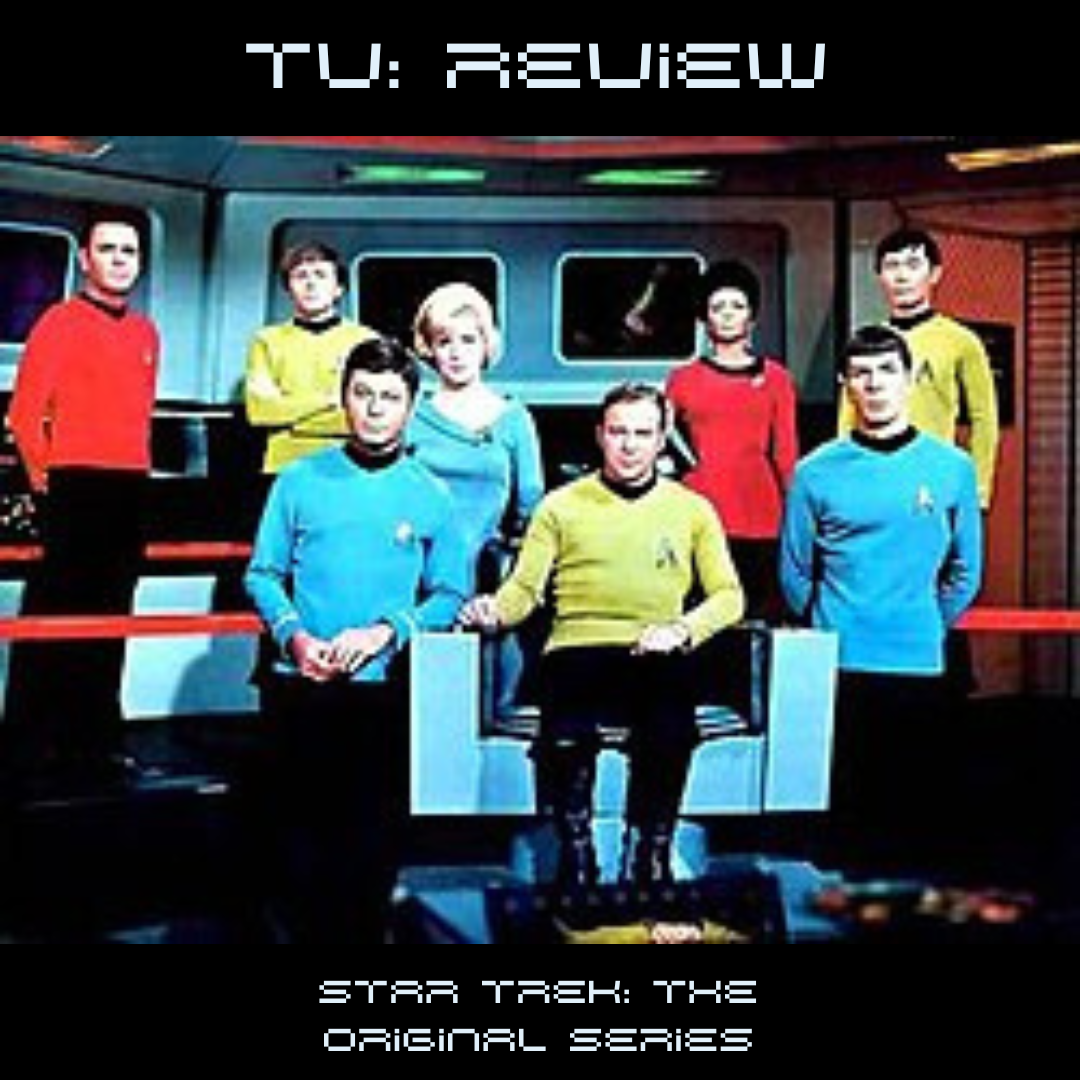Spooky Short Story Review: "The Call of Cthulhu"
Ph'nglui mglw'nafh Cthulhu R'lyeh wgah'nagl fhtagn
Horror Author, H.P. Lovecraft, was instrumental in the formation of the cosmic horror genre. Cosmic horror differs from other genres of horror in its emphasis on the incomprehensible. One of the most famous examples of this comes from Lovecraft’s short story, “The Call of Cthulhu.”
This short story, first published in 1928, follows a man’s discovery and investigation of his granduncle’s research on a cult. He soon discovers the existence of Cthulhu, a creature so ancient and monstrous that comprehension of it can drive a person insane—a common trope in Lovecraft’s stories.
“I shall never sleep calmly again when I think of the horrors that lurk ceaselessly behind life in time and in space.”
“The Call of Cthulhu” is a slow burning short story that invokes a feeling of dread as more information about the cult and Cthulhu is revealed. This information forms the true horror of Lovecraft’s writing: the exploration of humanity’s temporary and—relative to the Great Old Ones—microscopic nature. Lovecraft’s stories, “The Call of Cthulhu” included, are generally not about the human characters, but about the cosmic beings to which we are meaningless ants.
I greatly enjoy Lovecraft’s writing and “The Call of Cthulhu” is no exception. He is a master at concealing information, refusing to give readers a clear image of his monsters under the pretext of madness. As his stories progress, so does the madness of his characters, resulting in unreliable narration and their curiosity’s terrifying consequences. Although he never gives a clear picture of his monsters, they are well written and bizarre, more science fiction than gothic but still distinctly horror.
“If I say that my somewhat extravagant imagination yielded simultaneous pictures of an octopus, a dragon, and a human caricature, I shall not be unfaithful to the spirit of the thing.”
Although I’ve been a fan of Lovecraft since I began reading his works in middle school, his writing is deeply flawed due to his bigotry. Much of his writing, including “The Call of Cthulhu,” contains racially insensitive depictions. This is an unfortunate aspect of classic literature that should not be ignored: Many great authors and works are rightly considered offensive by today’s standards. Readers will have to decide for themselves whether they can still enjoy Lovecraft’s works despite the problematic aspects.
Despite the issues that plague Lovecraft’s works, I still recommend that fans of horror read “The Call of Cthulhu,” as it remains one of the best examples of cosmic horror. A genre that would not exist in the same form as it does today had it not been for Lovecraft’s writings.






